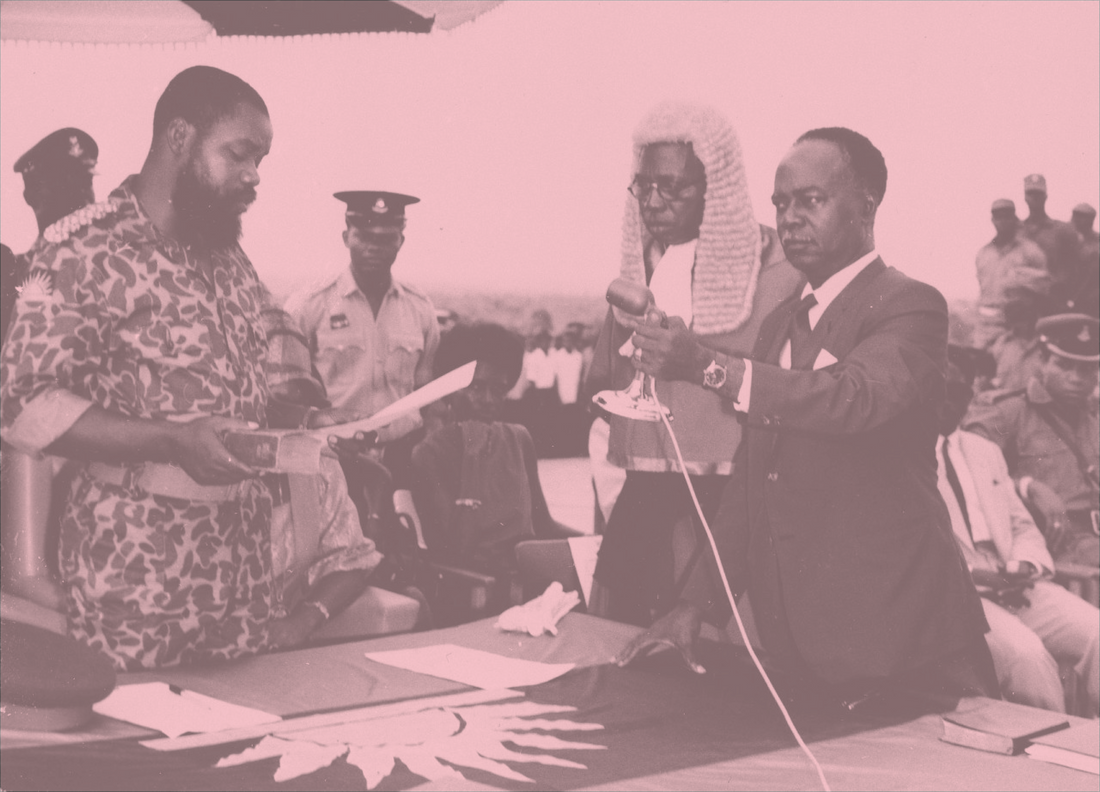
A Brief History of Biafra: The Struggle of Ndi Igbo for Self-Determination
Biafra is a term that is often associated with the struggle for self-determination by the Ndi Igbo people of Nigeria. This article provides a brief history of Biafra and how the movement for self-determination has evolved over time.

History of Biafra
Biafra was a secessionist state in eastern Nigeria that existed from May 1967 to January 1970. The secession was led by Colonel Chukwuemeka Odumegwu Ojukwu, who declared the independence of the Republic of Biafra on May 30, 1967. The Ndi Igbo people were the main ethnic group in Biafra and had been marginalized by the Nigerian government, which led to the demand for a separate state.
The Nigerian government, under General Yakubu Gowon, responded to the secession by declaring war on Biafra. The ensuing conflict, known as the Nigerian Civil War, lasted for three years and resulted in the deaths of over one million people, mostly civilians. The war ended on January 15, 1970, with the surrender of the Biafran forces.
Since the end of the war, the Ndi Igbo people have continued to struggle for self-determination and equal rights in Nigeria. The Biafra movement has evolved over time and has been marked by periods of violence and peaceful protests.
The Biafra movement has gained support from people around the world, including some of the diaspora community. CoolAfrican celebrates African culture and identity, and seeks to promote unity and social justice for all Africans.
The struggle for self-determination by the Ndi Igbo people of Nigeria is an ongoing one, marked by periods of both hope and despair. The Biafra movement has played a significant role in the history of Nigeria and continues to shape the country's political landscape.
Written by Deborah Felix.
